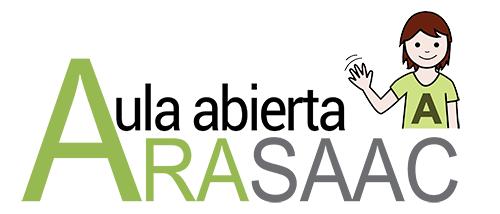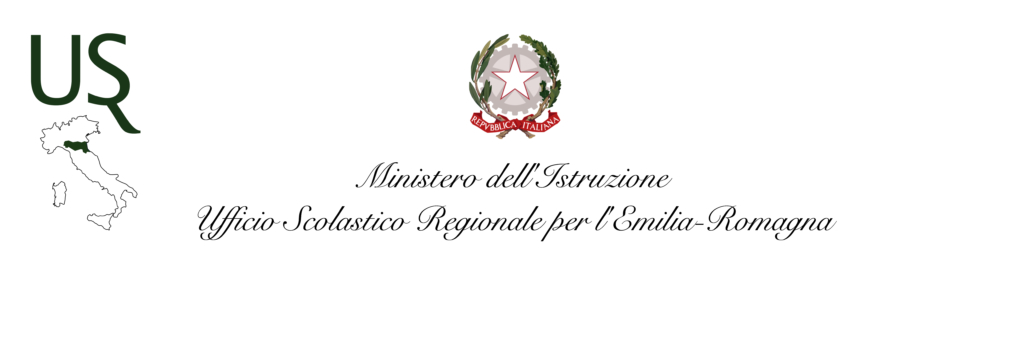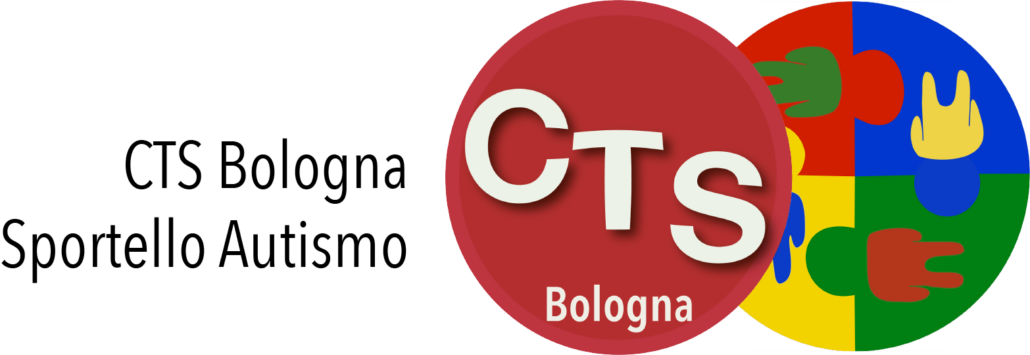Project description:
The Centro Territoriale di Supporto alle disabilità (CTS Bologna)in collaboration with the Azienda USL di Bologna organised a working group made up of expert teachers from the Sportello Autismo Bologna, neuropsychiatrists, speech therapists and psychologists of the Azienda USL di Bologna, to reflect on Augmentative and Alternative Communication (AAC) with the aim of:
1. Expand the knowledge and use of AAC among all teachers to respond to the communication needs of users and create accessible contexts in schools.
2. Creation of a repertoire of training materials on AAC. available for teachers in educational institutions and ASL operators.
3. To propose signs in the clinics of NPIA – NEUROPSICHIATRIA INFANZIA E ADOLESCENZA with indications translated into AAC to make the information more accessible for users with different communication difficulties.
Pino and the AAC project
Pino is the character of one of the stories in the CAA collection of the Ufficio Scolastico Regionale per l’Emilia-Romagna, edited by the (CTS Bologna), illustrated by Professor Lucia Bottazzi.
Pino helps to welcome young patients and their families, from the point of reception of the Casa della Salute Porto Saragozza, indicating the way to the different services of the NPIA – NEUROPSICHIATRIA INFANZIA E ADOLESCENZA, individually characterized by 11 identifying posters made with pictograms of ARASAAC , next to the traditional signage.
A totem, floor graphics and an orientation board with all the identifying signs accompany the various Neuropsychiatry clinics and services, thus integrating the AAC tools already present in the Casa della Salute Porto Saragozza.
The AAC suitcase
The AAC suitcase, created by a multi-professional group, is available online for all teachers and professionals working with children. It contains introductory and in-depth AAC materials (bibliographical references and documentation), concrete and customisable tools (tables, diaries, visual calendars) and ready-to-use lists to support people who find themselves in difficult communication situations.
From ARASAAC, we transmit our support and our recognition to all the people and institutions involved, especially to Guillermina and her students for the fantastic initiative and for the magnificent work carried out. Congratulations!
Participants:













